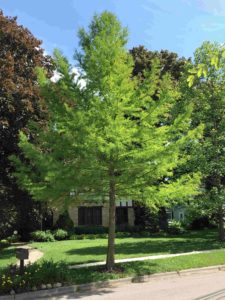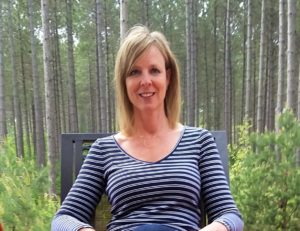Cities, villages, towns, counties, tribes and 501(c)(3) nonprofit organizations in (or conducting their project in) Wisconsin are encouraged to apply for a regular or startup 2020 Department of Natural Resources Urban Forestry Grant! The grants range from $1,000 to $25,000, and grant recipients must match each grant dollar for dollar. A startup grant of up to $5,000 is available for communities that want to start or restart a community forestry program. Grants are awarded to projects that align with state and national goals for increasing the urban forest canopy and the benefits it provides.
Communities and organizations interested in applying for a 2020 Urban Forestry Grant may find the grant application informational video to be a valuable resource. It highlights priorities of the Urban Forestry program and discusses several other key aspects of the application process. The video is approximately eleven minutes long and includes topics such as the difference between startup grants and regular grants and how to contact an Urban Forestry Coordinator.
The application period opened July 1, 2019 and closes October 1, 2019. To view the application and informational video, visit the Urban Forestry Grant’s website. If you have questions regarding application process and eligible projects contact your DNR Urban Forestry Coordinator.



